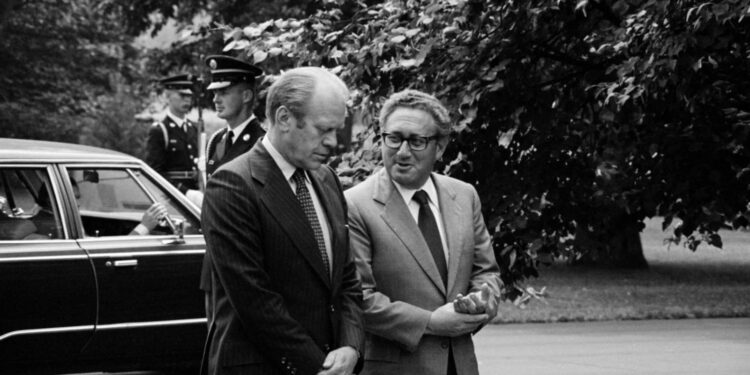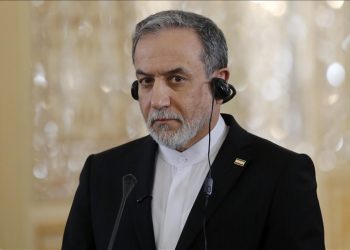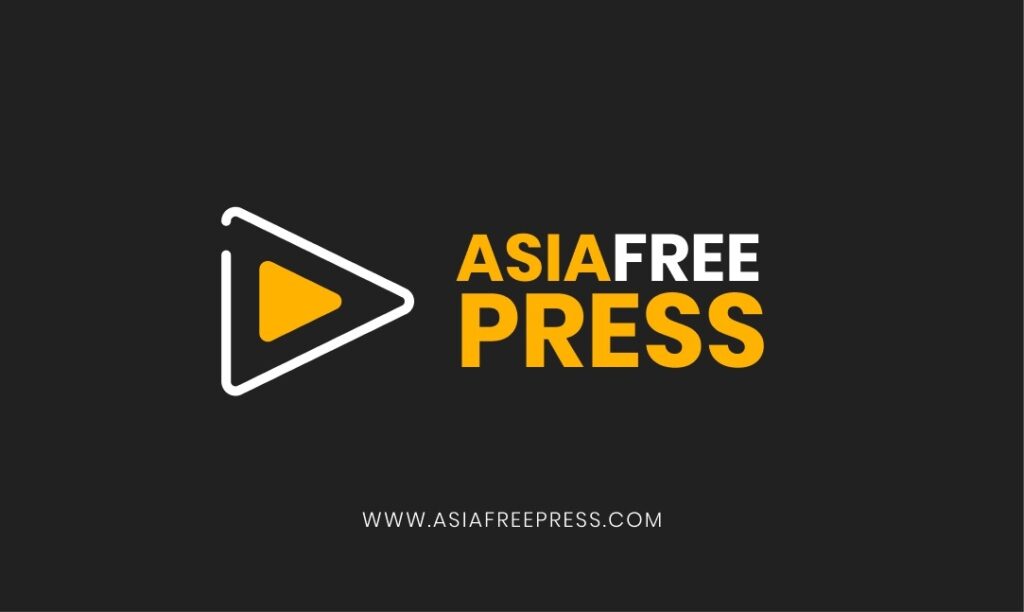It is unclear why 100-year-old Henry Kissinger has been elevated by Western intelligentsia to serve the role of the visionary in how the West should behave in response to the Russia-Ukraine war.
But does the centenarian politician have the answers?
Every major global conflict that involved the US and its NATO allies in the past had its own state-sanctioned intellectuals. These are the people who usually explain, justify and promote the West’s position to their own countrymen first, then internationally.
They are not ‘intellectuals’ in the strict definition of the term, as they rarely use critical thinking to reach conclusions that may or may not be consistent with the official position or interests of Western governments. Instead, they advocate and champion stances that are dominant within the various strands of power.
Quite often, these intellectuals have the privilege of time. In the case of Iraq, for example, neoconservative intellectuals, the likes of Bernard Lewis, worked tirelessly to promote war, which ended in the invasion of Iraq in March 2003.
Though the neocons continued to strongly support greater involvement in Iraq and the Middle East through military surges and the like, they were eventually – though not permanently – sidelined by a different group of intellectuals, who supported a stronger American military presence in the Asia-pacific region.
The West also had its own intellectuals who dominated news headlines during the so-called ‘Arab Spring.’ The likes of French philosopher Bernard-Henri Levy played a disruptive role in Libya and labored to shape political outcomes in the whole Middle East, posing as a dissident intellectual and a great advocate of human rights and democracy.
From Lewis, to Levy, to others, the powerful Western intellectual practiced more than mere intellectualism. They have traditionally served a fundamental role in politics without being politicians per se, elected or otherwise.
Kissinger, however, is an interesting and a somewhat different phenomenon.
He is the quintessential US-western politician, who defined a whole era of realpolitik. Such notions as human rights, democracy and other moral considerations were rarely factors in his hawkish approach to politics throughout his stints as a Secretary of State, National Security Advisor, and other official or non-official political roles.
For Kissinger, what ultimately matters is Western hegemony, particularly the sustaining of the current power paradigm of Western global dominance at any cost.
Thus, Kissinger’s intellect is the outcome of real-life experiences related to his long expertise in US diplomacy, the Cold War and other conflicts involving mainly the US, Russia, China, the Middle East and a host of NATO members.
Another difference between Kissinger and other state-sponsored intellectuals is that the man’s wisdom is now being sought regarding an event that has not, per the West’s own claims, been instigated by US-NATO actions. Indeed, many Western countries believe that they are in a state of self-defense.
Usually, this is not the case. Western foreign policy intellectuals typically shape policies in advance, promote and justify them while these policies are being carried out.
In the case of Kissinger, Western intelligentsia sought his wisdom as a result of their palpable desperation, reflecting their own failure to read and respond to events in Ukraine, in a unified and strategic manner.
It is as if Henry Kissinger is a 100-year oracle, whose prophecy can save the West from the supposed invasion of the hordes coming from the East. This claim is substantiated by the infamous statement made by the EU Foreign Policy Chief, Josep Borrell, when he said that “Europe is a garden … (but) most of the rest of the world is a jungle.”
The problem, however, is that the oracle does not seem to make up its mind regarding the proper course of action.
In a recent interview with the Economist, Kissinger sharply contradicted earlier comments he made last September at a forum organized by the Council on Foreign Relations.
Back then, Kissinger stated that the “expansion of NATO beyond its present context seemed to me an unwise measure.”
Relative to Kissinger’s legacy, that position seemed sensible enough as a starting point for future dialogue. The response to Kissinger’s comment from Western analysts and ideologues, however, forced him to alter his position.
In an article in The Spectator in December, Kissinger articulated his own peace plan, one that ensures the “freedom of Ukraine” within a new “international structure”, one that would allow Russia to “find a place in such an order.”
As for Ukraine and NATO, Kissinger proposed that some kind of a “peace process should link Ukraine to NATO, however expressed.”
That too was rejected, and loudly so, by many.
Almost a year after the start of the war, Kissinger shifted further away from his original position, by declaring that Ukrainian membership in NATO was the “appropriate outcome” of the war.
And, finally, in his long interview with the Economist, Kissinger linked Ukraine’s membership in NATO to the very “safety of Europe”.
It would be convenient to claim that the apparent inconsistencies in Kissinger’s position were necessitated by new events on the ground. But little has changed on the ground since Kissinger made his first statement. And the possibility of a global, even nuclear war, remains a real one.
The problem, of course, is not Kissinger himself. The crisis is twofold: The West is unwilling to accept that war, for once, will not solve its problems; but it also has no alternative to ending conflict, except through the triggering of yet more conflicts.
This time around, Kissinger does not have the answer.



















